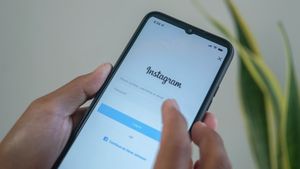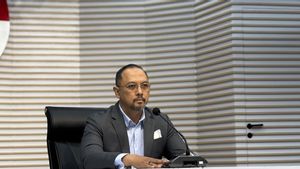JAKARTA - Kaspersky's latest research with Associate Professor Jiow Hee Jhee of the Singapore Institute of Technology, highlighted the important role of educators/students in Asia Pacific (APAC) in increasing cyber education in schools.
Conducted on 157 teachers in India, Singapore and the Philippines, the study revealed that teachers who practice cyber hygiene well show greater confidence in giving students instructions on how to identify suspicious sources and emails.
Among teachers surveyed, nearly 70 percent prefer to use their cellular data as a precaution over public networks.
As for unknown links and attachments, 70 percent of respondents were suspicious and remained vigilant about the links they received from unknown users or sites.
However, when creating a safe and robust password, 85 percent of respondents admitted that it was possible for someone to guess and break their password. 90 percent of them even believe there is a possibility that their digital devices will be attacked in the future.
SEE ALSO:
Although data theft due to password leakage poses a serious threat to online security, nearly 90 percent of respondents think that the impact of password leakage, including personal data, will not affect too badly.
"Given the dangers of cyber threats is still urgent, it is very important for teachers to have adequate knowledge of cyber hygiene practices and understand the benefits of vigilance in cyberspace," said kavia Octaviano, Manager of Academic Affairs for Asia Pacific at Kaspersky.
The English, Chinese, Japanese, Arabic, and French versions are automatically generated by the AI. So there may still be inaccuracies in translating, please always see Indonesian as our main language. (system supported by DigitalSiber.id)















